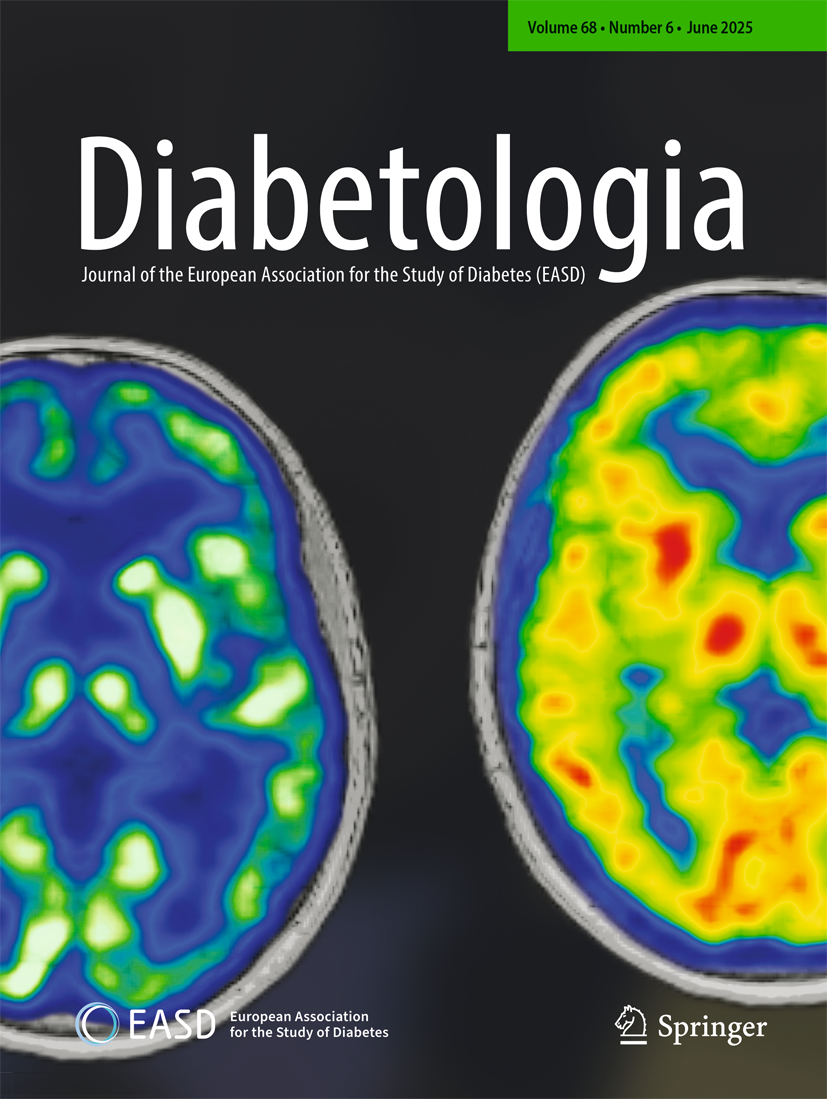Eddy Edson
Well-Known Member
- Relationship to Diabetes
- Type 2
We identified and interviewed six participants [in the DiRECT trial] who had lost >10 kg at 12 months but whose HbA1c level did not improve by at least 10 mmol/mol (1.13%). This is the subgroup that might include individuals with LADA, but none were positive for anti-GAD antibodies.
What we did find, on more detailed interviews with these participants, was that some had concealed rather longer durations of diabetes than the maximum of 6 years required for recruitment: two had a past history of recurrent severe abdominal pains requiring hospitalisation, one was previously diagnosed with pancreatitis, one gave a history of previous alcoholism and one revealed a history of severe childhood malnutrition in Bosnia, during the war with Serbia.
These insights cannot necessarily be translated more widely, but they do suggest that other factors may conspire to damage the pancreas and produce diabetes, which would be labelled as type 2 diabetes. The small numbers included in randomised trials such as DiRECT, which randomised 302 participants, are insufficient to quantify these categories; large observational studies are a better study design.
................
We agree with Ludvigsson [1] that a more clinically relevant classification of diabetes is needed, and suggest that this should include the large category of overweight, or ‘over-fat’-induced diabetes, that is, diabetes that is reversible into a non-diabetic state by substantial weight loss (perhaps, specifically, loss of ectopic fat in vital organs, although no current measurement method for liver or pancreatic fat is reliable enough for use in individuals).
An inexpensive autoantibody test with high sensitivity and specificity for LADA would allow us to advise overweight patients with diabetes who test positive that their benefits from weight loss are less likely to include remission, and also allow the earlier introduction of insulin or potentially, in the future, immunomodulatory therapy.
Applying the technologies developed during the COVID-19 pandemic might decrease the cost and difficulty of autoantibody testing.
For the time being, we do need to be aware of other causes of pancreatic injury and make clear that remission is likely but not guaranteed when recommending major weight loss. It should also be remembered that sustained intentional weight loss will bring many other health benefits.

